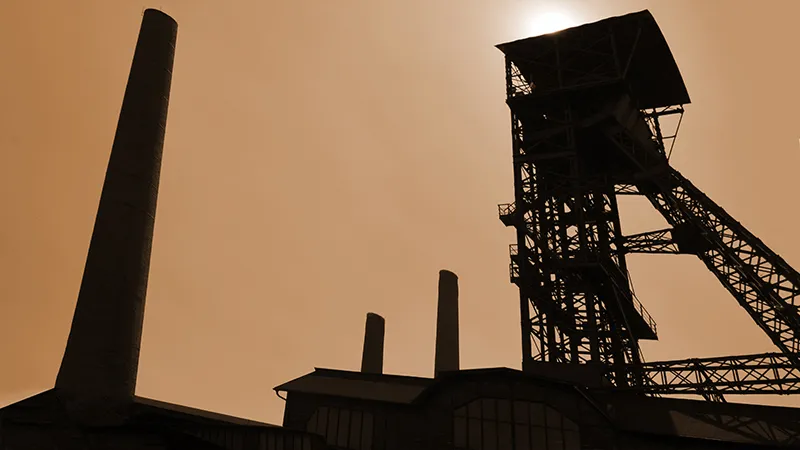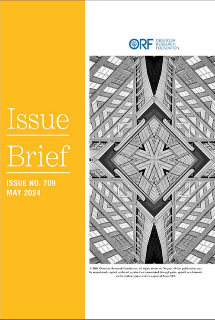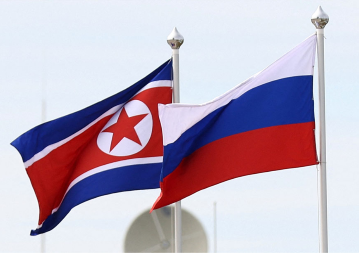
In the hothouse of rampant corruption where new strands of thought governed a kingly novel architecture for redistribution of wealth, preferential and discretionary allotment of scarce natural national resources became the grammar for UPA to usher the license permit raj from the back door. This new idiom was at one level simple yet subtle but at another a brazen loot of the nation's wealth. Both in the coal and 2G spectrum cases, this unique first come first served system was used to subvert the system. At least the first come first served beneficiaries of 2G spectrum paid license fee of Rs 1651 crore, in the coal block allotment, it was a laissez faire taken to a new high of incompetence. The creeping virus of corruption infected all levels of governance in UPA's second avatar.
Now even years after unearthing the scams and the Supreme Court cancelling both the spectrum and the coal block allocations, the wheels of justice have typically moved ever so slowly. Morally indefensible decisions taken by the food chain involved left a nation stunned by the sheer unabashed nature of this looter. An age of deception and subterfuge built on a template of moral relativism left the rest of India sucking on a tail pipe of noxious fumes.
On Monday, the first conviction in the coal block scam by the trial court gave one hope that all was not lost. India has a unique criminal justice system. Look at what has happened in both the spectrum and coal block cases. The Supreme Court in landmark judgments has cancelled all allotments, thereby establishing prima facie guilt, but the trial courts appointed by the same Supreme Court to try individual cases continues to operate in a vacuum, with hearings continue interminably. One can argue that everyone is being given a chance to argue his case, but the sheer length of the trial is questionable and extremely frustrating. It is almost as if the perpetrators of the greatest loot in Indian history are using the justice system as malleable and ductile to delay the entire process. In this melange of unparalleled cronyism, politicos, bureaucrats in conjunction with big and small businessmen cornered coal blocks without paying a sow. Imagine, a system of chits devised at the party headquarters gave these crony capitalists unhindered access to a precious natural resource. That some of them flipped these investments while others mined them and still others just sat on their allotments doesn't help these crony capitalists in their defence. That they used systemic flaws to exploit and corner the assets is what remains the moot point. 'Mili bhagat' became the norm as large swathes of India's coal reserves were given away because X and Y were either 'hangers on' or master manipulators of the system. The undersized whiting and the big barracuda all guilty of the same.
Bharat Parashar's court on Monday convicted Jharkhand Ispat Pvt Ltd and its two directors RS Rungta and R C Rungta, but after a hiatus of three years. The case was registered by the CBI in 2013 in the allocation of North Dhadu coal block in Jharkhand. Of course, the CBI also needs to be given a rap or two for finally registering a chargesheet in the same case almost a year later. On January 14, 2015, the two Rungta brothers were granted bail and subsequently on March 16, 2015 charges were framed for offences under section 120 B criminal conspiracy, 420 cheating, 467 forgery of valuable security, 468 forgery for purpose of cheating, 471 using as genuine a forged document or electronic record of IPC. The accused brothers obviously pleaded not guilty. Using dilatory tactics, they asked for then coal minister Manmohan Singh and ex-MoS coal Dasrai Narayan Rao to be called as defence witnesses. This was rejected by the trial court on December 23, 2015. Bharat Parashar in his judgment made some scathing comments - “It is crystal clear that the accused deceived the screening committee of the Ministry of Coal, and thereby the Government of India on the basis of false representation on the issue of land and as regards the installed/projected capacity of their end use project, so as to procure allotment of a coal block in favour of M/s JIPL,”
These industrialists made compelling cover stories, laminated with half truths and lies to deceive one and all. The final conviction nailed the company and the Rungta brothers on criminal conspiracy and cheating only. The 132 pages order went onto say, “Different roles were played by the accused in order to support the claim made by each other before different government authorities. The existence of a common agreement amongst the accused is thus writ large on the face of record.” Interestingly, the RBI's Strategic Debt Restructuring scheme which allows the lenders to take over a company's majority shareholding in excess of 51 per cent and then puts the entity on the block with a window of opportunity for 18 months to find new promoters names two companies (Electrosteel and Adhunik Alloys) who are involved in this coal block allocation. In the case regarding irregularities in allocation of North Dhadu block by 27th and 30th screening committees jointly to the JIPL and three other firms M/s Electrosteel Castings Ltd, M/s Adhunik Alloys and Power Ltd and M/s Pawanjay Steel and Power Ltd, the court had earlier summoned Ramabatar Kedia and Naresh Mahto as accused along with the JIPL and Rungtas. But after the death of both Kedia and Mahto, the proceedings against them were dropped. It is ironic that two of the biggest defaulters in the SDR scheme are also involved in this coal block allocation case, but because of the deaths, they have escaped the dragnet.
Both the Rungta brothers have been taken into custody and March 31 has been set for the next hearing on the quantum of punishment. Incidentally, another tack used by the Rungtas was that since no official from the coal ministry was made an accused, a criminal conspiracy couldn't have been hatched. But Parashar slammed them by saying that, "the mere non arraying of coal ministry officials as accused... does not in any manner lessen the act of criminality committed by the accused." This is significant for this conviction now becomes the legal precedent in the other 21 cases in varying stages of trial. The next verdict expected is Rathi Steel & Power Ltd. The case pertains to alleged irregularities in allocation of Kesla North coal block in Chhattisgarh to RSPL. Charges were framed under sections 120-B read with 420 of IPC against all the four accused. The company and its MD Pradeep Rathi, CEO Udit Rathi and AGM Kushal Aggarwal have been charged. All the accused had pleaded not guilty and claimed trial.
One can only hope that judgments are rolled out expeditiously now that the first conviction has come through. Similarly, not a single judgment or conviction has come in the even longer running 2G spectrum cases. In September 2014, the SC cancelled the allocation of more than 200 coal mines allocated by the governments between 1993 and 2010, a month after ruling that these allotments had been illegal, arbitrary resulting in the unfair distribution of national wealth. And mind you, this was not notional wealth, for these were all coal bearing blocks given for free at the outset.
It is to the BJP's credit that it decided to auction these disputed coal mines through a fair and transparent process. But only a series of convictions will act as a deterrent for such widespread malfeasance in the future. Let me end with a line on CBI's investigative methods which are often vague and incomplete. In many cases they have changed their stance completely which opens the door on questioning their bonafides and credibility.
The views expressed above belong to the author(s). ORF research and analyses now available on Telegram! Click here to access our curated content — blogs, longforms and interviews.




 PREV
PREV


